Health
Minimally Invasive Heart Surgery Revolutionizes Care for Seniors
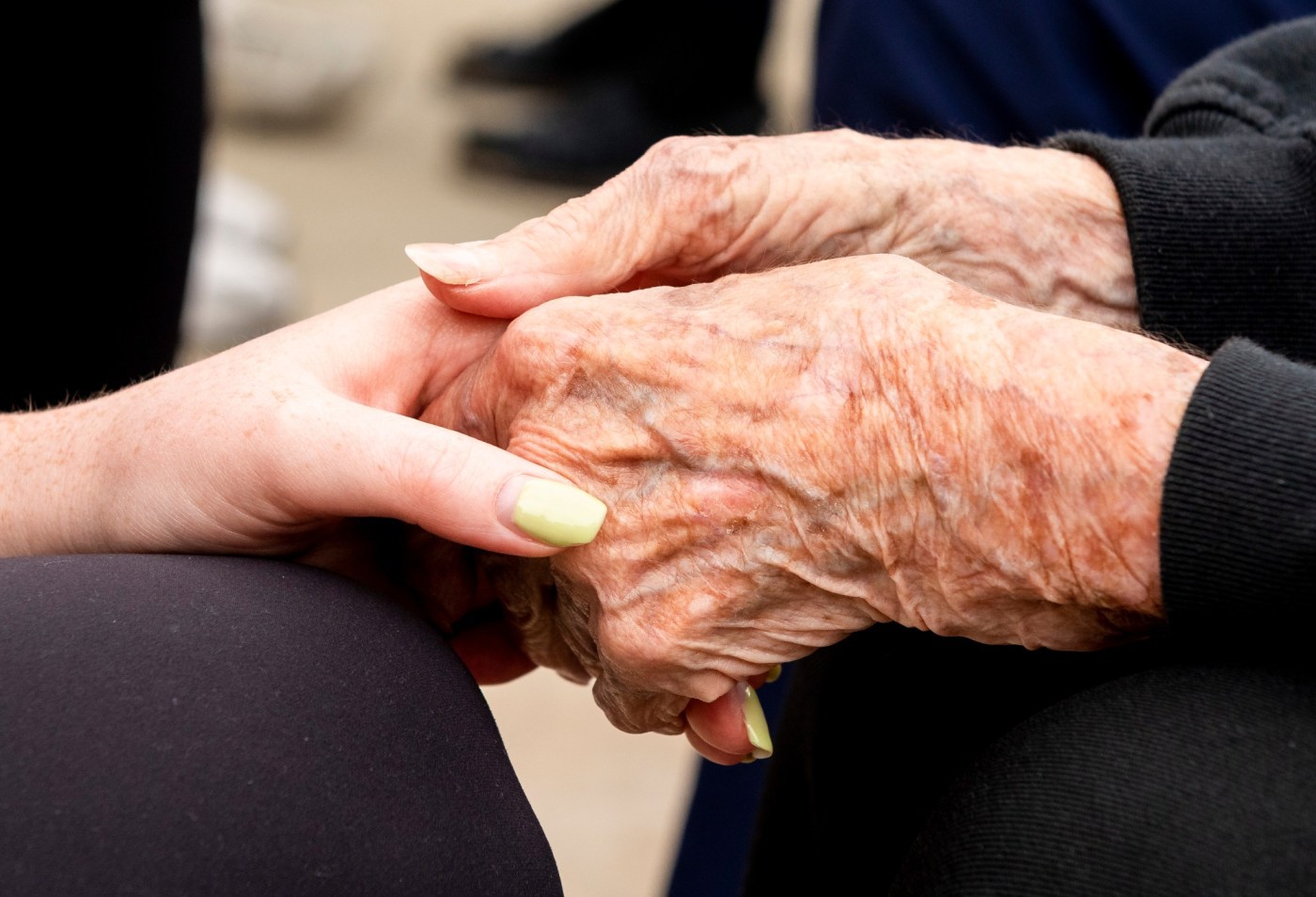
Advancements in medical technology have ushered in a new era of heart care for seniors, with minimally invasive heart surgery emerging as a transformative option. This approach not only reduces physical trauma but also significantly enhances recovery times and overall quality of life for elderly patients.
Minimally invasive heart surgery involves performing cardiac procedures through small key-hole incisions rather than the traditional open-heart method, which necessitates large chest incisions and the cutting of the breastbone. Surgeons utilize specialized instruments and high-definition cameras, enabling them to operate with precision while minimizing the impact on the body.
Understanding Minimally Invasive Techniques
Typically, surgeons make two to four small incisions between the ribs. These entry points allow for the insertion of a high-definition camera and miniature robotic instruments, providing a magnified 3D view of the heart. This innovative technique enables surgical teams to carry out complex procedures with enhanced accuracy and less trauma.
The benefits of such procedures are particularly pronounced for seniors, who often face greater risks during traditional surgeries due to age and existing health conditions. The advantages include:
– **Reduced risk of complications**: Minimally invasive methods significantly lower the likelihood of infection, bleeding, and blood loss. This not only minimizes the need for blood transfusions but also reduces the risk of postoperative complications.
– **Shorter hospital stays**: Patients undergoing minimally invasive surgeries typically leave the hospital sooner than those who undergo open-heart procedures. This reduces the risk of hospital-acquired infections and allows for quicker returns to daily activities, ultimately leading to lower medical costs.
– **Faster recovery times**: Many patients report less pain and a decreased need for opioid medications following these procedures. Seniors can often resume normal activities within weeks, rather than months, thanks to the smaller incisions that heal more quickly. Tailored rehabilitation programs further enhance recovery, helping patients regain strength and independence.
– **Improved quality of life**: A quicker recovery coupled with reduced pain leads to a better overall quality of life. Seniors are able to engage in social activities, travel, and spend more time with loved ones, all of which contribute positively to their emotional well-being.
– **Enhanced precision and outcomes**: The use of advanced imaging and specialized instruments allows for greater accuracy during surgery. This results in better heart function and longevity. Surgeons can perform intricate procedures such as valve repairs and bypass grafting with high precision, reducing the likelihood of complications and the need for subsequent surgeries.
The Future of Heart Surgery
The field of minimally invasive heart surgery is rapidly evolving, driven by ongoing research and technological innovations. Developments such as robotic-assisted surgery and improved imaging techniques promise even better outcomes for patients.
Integrating artificial intelligence and machine learning into surgical planning may further revolutionize this field. These technologies can help surgeons make informed decisions, optimize techniques, and predict patient outcomes more accurately. As these advancements continue to unfold, the future of minimally invasive heart surgery appears bright.
Minimally invasive heart surgery represents a significant advancement in cardiac care for seniors. By offering reduced risks, faster recovery, and improved outcomes, it enhances the quality of life for elderly patients. The ongoing success stories and technological progress underscore the potential for even greater achievements in this domain. With continued research and innovation, minimally invasive heart surgery is set to lead the way in providing seniors with healthier, more fulfilling lives.
Dr. Asad Shah is a board-certified cardiothoracic surgeon and medical director of cardiac surgery at Saddleback Medical Center. He leads the MemorialCare Heart & Vascular Institute, specializing in robotic cardiac surgery, thoracic aortic disease, minimally invasive valve surgery, coronary artery bypass grafting, and transcatheter therapies such as transcatheter aortic valve replacement (TAVR) and thoracic endovascular aortic repair (TEVAR).
-

 Science1 week ago
Science1 week agoResearchers Challenge 200-Year-Old Physics Principle with Atomic Engines
-

 Politics1 week ago
Politics1 week agoNHP Foundation Secures Land for 158 Affordable Apartments in Denver
-

 Health1 week ago
Health1 week agoNeuroscientist Advocates for Flag Football Until Age 14
-

 Lifestyle1 week ago
Lifestyle1 week agoLongtime Friends Face Heartbreak After Loss and Isolation
-

 Health1 week ago
Health1 week agoFDA Launches Fast-Track Review for Nine Innovative Therapies
-

 World1 week ago
World1 week agoGlobal Military Spending: Air Forces Ranked by Budget and Capability
-
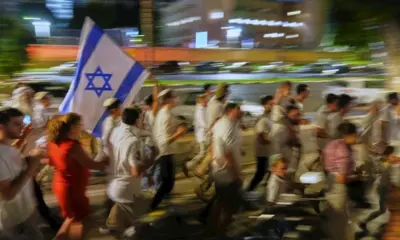
 Politics1 week ago
Politics1 week agoIsraeli Air Strikes in Lebanon Kill One, Wound Seven Amid Tensions
-
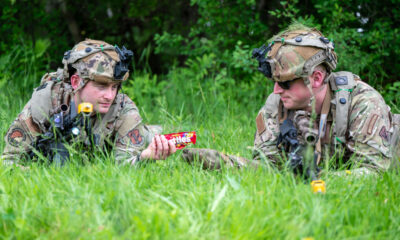
 World1 week ago
World1 week agoTroops to Enjoy Buffalo Chicken, Thai Curry in 2026 MREs
-
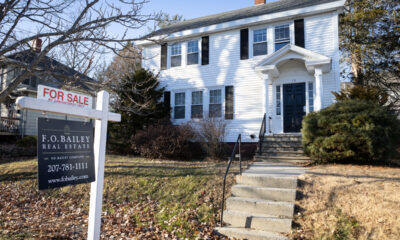
 Business1 week ago
Business1 week agoMaine Housing Inventory Surges to Post-Pandemic High
-

 Top Stories1 week ago
Top Stories1 week agoUnforgettable Moments: The Best Victoria’s Secret Performances
-

 Business1 week ago
Business1 week agoSpirit Airlines Cuts Workforce with Furloughs for 365 Pilots
-
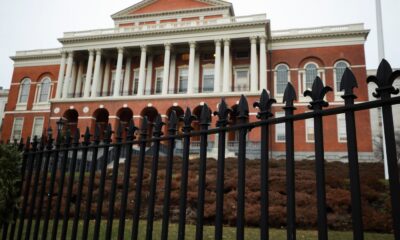
 Politics1 week ago
Politics1 week agoMassachusetts Lawmakers Resist Audit After Voter Mandate









